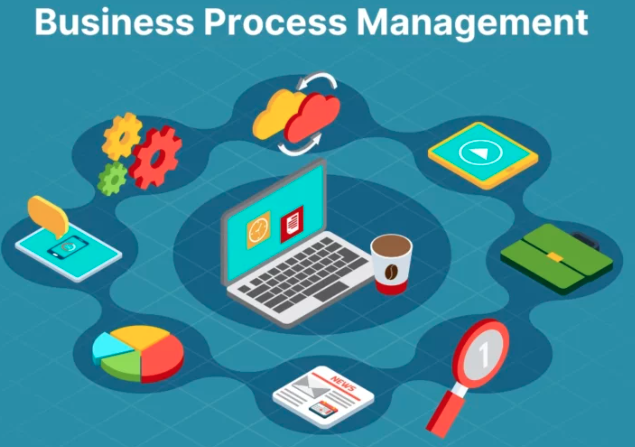In 2025, the digital landscape continues to evolve, and managing cloud environments efficiently has become more critical than ever. Businesses of all sizes are turning to the best cloud management platforms to streamline operations, reduce costs, and optimize cloud resources. These platforms provide tools for governance, security, automation, and analytics, making them indispensable for modern organizations.
If your business leverages cloud services such as AWS, Microsoft Azure, or Google Cloud, a robust cloud management platform (CMP) is essential to maximize the benefits of your investment. In this guide, we’ll explore what makes a great cloud management platform, the key players in 2025, and how they can revolutionize your operations.
Conclusion
Finding the best cloud management platforms of 2025 is essential for businesses aiming to thrive in a cloud-driven world. Tools like Microsoft Azure Arc, VMware vRealize Suite, and Flexera One empower organizations with the automation, insights, and security needed to optimize their cloud operations. Whether you're managing a hybrid setup or leveraging multiple cloud providers, these platforms streamline processes, reduce costs, and enhance overall performance.
Start exploring these top platforms today to identify the best fit for your business needs. By choosing the right cloud management platform, you’ll be equipped to handle the complexities of modern cloud environments while positioning your organization for long-term success.









